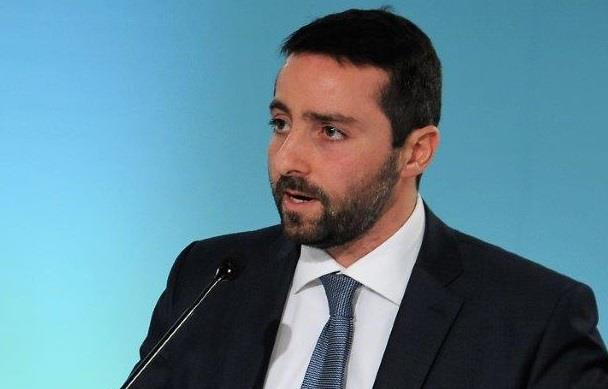The individual Investor Programme (IIP) has reached its 1,800 capping and is coming to an end, a spokesperson for Parliamentary Secretary Alex Muscat has told this newsroom.
When announcing a new scheme in July of this year, Muscat had said that 1,500 applications had been approved by then. The scheme would wind down when the limit was reached, he said, and would be replaced by a new residency plan that can lead to citizenship.
The IIP, often referred to as a citizenship by investment scheme, proved to be controversial, not least because of the choice of Henley and Partners as the leading concessionaire. The scheme was attacked both locally and abroad, with critics saying it allowed dubious individuals to acquire an EU passport. The government has always insisted that rigorous due diligence processes are in place.
A spokesman for the Parliamentary Secretary for Citizenship and Communities said the IIP is coming to an end, “having reached the pre-determined capping of 1,800 families who have successfully invested in the Maltese islands.”
Consequently, the Malta Individual Investor Programme Agency (MIIPA) has stopped receiving applications at first stage and will continue to receive applications only for those families who have already a resident status in Malta.
The programme has received 2,076 applications by the end of August of this year. 1,480 of these have been approved so far, and the remaining 300 are currently being reviewed.
“The Agency has one of the most stringent processes of due diligence around the world. In fact, it has refused a total of 368 applicants for citizenship, and a further 35 were refused from applying for citizenship following initial KYC (know your client) checks conducted through local police authorities,” the Parliamentary Secretariat said.
A total of 95 applications were withdrawn by the applicants, most of which were withdrawn following questions raised by the Agency during the due diligence process.
“The rejection rate has varied along the years. In 2020 the Parliamentary Secretary for Citizenship & Communities refused 30% of the applications following due diligence exercises conducted by MIIPA.”
The Agency has reported 26 cases to the Financial Intelligence Analysis Unit when it identified suspected cases of money laundering.
“In the meantime, by means of the new initiative, Malta has continued to strengthen the already stringent due diligence processes in order to make sure that only reputable applicants are admitted to its citizenship programme. In addition to this, from all IIP applicants thus far, only four families have turned out to be ‘rotten apples’ and while two have been deprived of citizenship, the process is underway to withdraw citizenship for the other two.”
The gross revenue so far has hit the one-billion-euro mark, the spokesperson added.
“One must also consider that more than €270 million were invested in property, either through a five-year lease or by means of an outright purchase. Another €186 million worth of bonds or shares were invested and nearly €5 million were donated to various local, voluntary organisations. This brings the total amount to just over €1.4 billion.”
“In view of this success, Malta remains committed to strike a rational balance between opening its doors for talented people who have distinct attributes and success stories to their name, and maintaining exclusivity when it comes to potential citizenship,” the spokesperson continued.

In July, PS Muscat had said that, under the new system, only individuals who first manage to obtain a Maltese residence permit will be allowed to apply for citizenship. There are two ways to do this. Individuals can apply after a one-year residency period if they invest €750,000 or more. Applicants would have to pay €600,000 if they apply after a three-year residency period.
Under the IIP, applicants had to pay €650,000 for their Maltese citizenship.
Under the new system, €50,000 must be paid for each dependent of the main applicant. The minimum value of the property purchased is increasing from €350,000 to €700,000. If a property is rented, the minimum value is increasing from €16,000 to €18,000 annually.
Applicants must also make a mandatory €10,000 philanthropic donation.
A new agency will be set up to oversee all forms of citizenship, including those obtaining their Maltese passport through investment.
The money generated from this investment will be split up in the same way that applies with the current system, with 70% going into the National Development and Social Fund.
There will be a limit of 1,500 applications.
Muscat had explained that the proposed system is more in line with those operated by other European countries.
The Parliamentary Secretary said the list of individuals who are granted citizenship will continue to be published. There will still be no distinction between those who acquire their citizenship through investment and those who acquire it through marriage or other reasons.
Muscat explained that there will be stronger regulations on money laundering and on how agents operate and market their services with regard to citizenship.
An independent regulator will continue to audit and scrutinise the application process executed by the agency and all resultant decisions.
The Minister will not be able to grant citizenship to individuals who do not meet the basic legal criteria.
Muscat had also expressed his wish to see a more genuine link between applicants and Malta, pointing out that only 5% of IIP applicants opened a business in Malta.